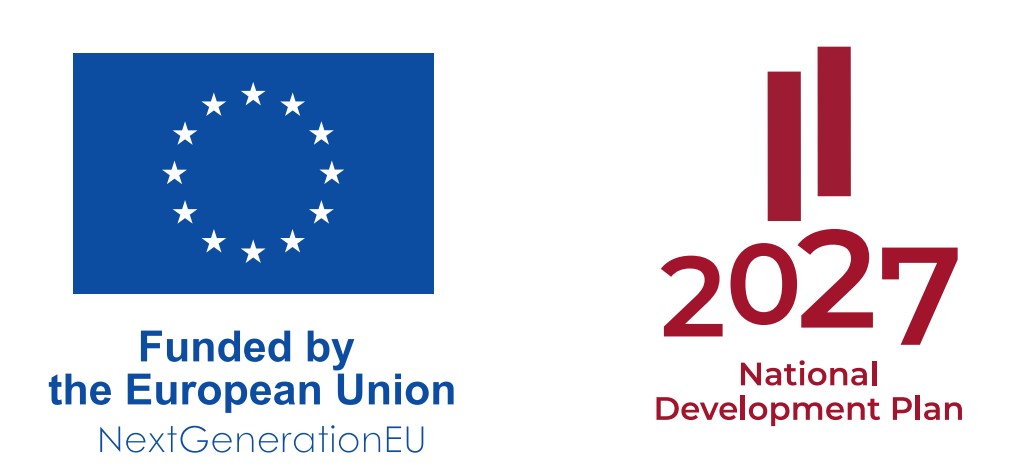

According to the survey, 84% of respondents in Germany feel safe in their immediate surroundings, and 75% consider the country a secure place to live. Yet perceptions differ notably across cities: only 56% of Berliners rated their city as safe, compared to 79% in Hamburg and 84% in Munich. At the broader level, 74% of respondents view the European Union as a safe environment.
In contrast to Vilnius (67%), Riga (56%), and Tallinn (52%), where fears of military conflict dominate, only 36% of German city residents identified war as a major threat. Instead, they expressed greater concern about organized crime, disinformation and fake news, climate-related disasters such as floods and storms, and terrorism. These threats are often unpredictable, striking suddenly and disrupting critical infrastructure — making household-level preparedness a vital necessity.
Despite recognizing these risks, German city dwellers remain poorly equipped to face them. Only 48% know how to respond when public warning sirens sound, and just 17% are aware of the location of their nearest emergency shelter. At the household level, preparedness is also lacking: one in five residents has no drinking water reserves, and fewer than four in ten have enough for the recommended 72 hours. While three-quarters of respondents maintain sufficient food reserves, some have none, and a significant minority do not possess a first aid kit or cash savings. Fewer than four in ten own a battery-powered radio — a crucial tool during power outages — and only 15% have agreed on a family meeting place in case of communication breakdown.
Although 26% of respondents believe they are adequately prepared for emergencies — one of the highest self-assessed rates in the region — the data tells a different story. Barriers include lack of information, low perceived risk or denial of the need to prepare, and psychological difficulty in thinking about crises. These findings point to a clear disconnect: German urban residents may feel secure, but their confidence masks a deeper vulnerability. The very threats they fear most — climate-related disasters and terrorism — require the kinds of practical measures that many households lack.
German urban residents may not fear war, but they do fear crises that are harder to predict — and harder to prepare for. Climate-related disasters, in particular, demand readiness that includes knowing how to respond to sirens, where to find shelter, and how to be self-sufficient for 72 hours or more. The study highlights a critical need for public awareness campaigns that address not just the risks, but the psychological and informational barriers that prevent people from preparing.
Dr. Ieva Birka, lead researcher at the Advanced Social and Political Research Institute of the UL FESS, highlights: “German city residents are clearly concerned about modern threats like climate change related disasters and disinformation, but these concerns aren’t translating into practical preparedness. What’s often overlooked is that traditional emergency measures — like having 72-hour supplies or knowing how to respond to public sirens — are just as relevant for floods and storms as they are for war. Public awareness efforts need to bridge this gap by connecting the risks people worry about with the actions they need to take.”
Survey results available here.
The survey was carried out by “Norstat” in May 2025, interviewing 1,007 respondents from German cities (Berlin, Hamburg, Munich) aged between 18 and 74 as part of the University of Latvia’s project “Urban Preparedness for Emerging Risks in the Baltic Sea Region”. The survey is part of a broader research project led by Dr. sc. pol. Ieva Birka and Dr. sc. pol. Didzis Kļaviņš, covering six cities in the Baltic Sea region. The implementation of the “Urban Preparedness for Emerging Risks in the Baltic Sea Region” project is made possible with the financial support of the Recovery and Resilience Facility.
Project title: Urban Preparedness for Emerging Risks in the Baltic Sea Region
Project Contract Number: No. 5.2.1.1.i.0/2/24/I/CFLA/007
Project Grant Agreement Number: LU-BA-PA-2024/1-0051

 CONFERENCE
CONFERENCE